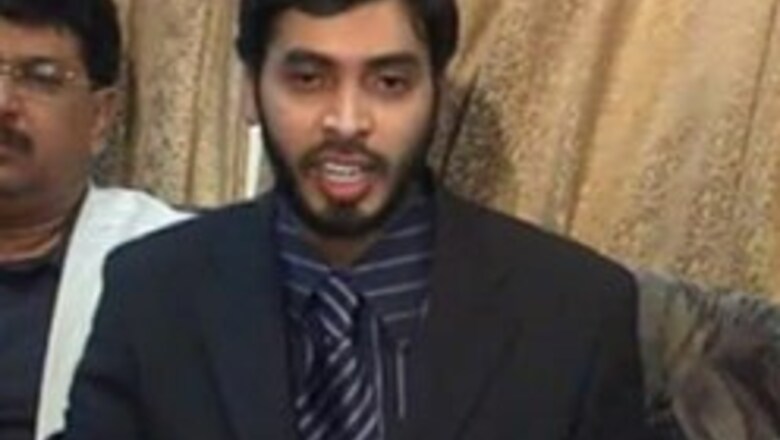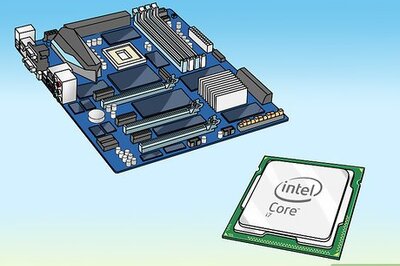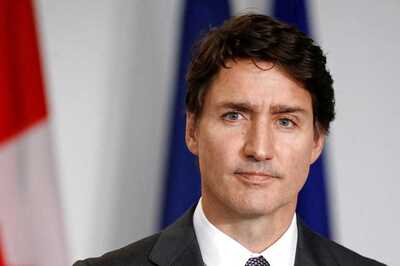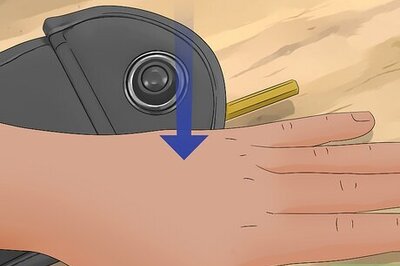
views
Melbourne: Prosecutors in the Mohamed Haneef probe were under 'extreme pressure' from the Australian Federal Police (AFP) to charge the Indian doctor and had no access to vital evidence to judge the strength of the case against him, a public inquiry commission has been told.
In a submission to the John Clarke inquiry into the bungled case of the 28-year-old medic wrongly accused of terrorism, Commonwealth Director of Public Prosecutions (CDPP) has disclosed how its officers were not supplied with basic information, including Haneef's interview record, before appearing in court to contest his bail application.
"The submission concedes one of its Brisbane-based prosecutors improperly advised AFP that Haneef could be charged and that advice, initially given verbally, was later issued in writing by the CDPP following a request from the AFP," it said.
"CDPP accepts that Haneef was charged following advice given by CDPP," the submission said, according to media reports. However, CDPP qualified its mistake, saying the officer identified "a number of weaknesses in the case and deficiencies in the evidence gathered to date".
CDPP also claimed that the officer misunderstood advice from CDPP's head office and felt subject to 'extreme pressure' to reassure investigators.
The Indian doctor was arrested on July 2 last year in connection with the botched terror plots in London and Glasgow before being released on July 27 as the case against him collapsed.
"The CDPP Brisbane case officer has said that he felt an unspoken but extreme pressure to provide positive reassurance to police that they were lawfully entitled to charge Haneef in circumstances where he would normally refrain from providing advice," the submission said.
The Director of Public Prosecutions said its advice was issued on the expectation -- created by AFP -- that gaps in the evidence against Haneef would be filled in by the ongoing police investigations in Australia and Britain.
The submission describes a 'hothouse' environment inside AFP's Brisbane headquarters as investigators raced to make the case against Haneef, who was being detained on newly minted, and poorly understood, counter-terrorism laws.
CDPP also appears to take issue with public comments by AFP Commissioner Mick Keelty. It claims that on July 12 last year -- 10 days after Haneef's arrest at Brisbane airport - Keelty told then Commonwealth Director of Public Prosecutions Damian Bugg QC that the evidence against Haneef was not strong enough but that the investigation was continuing.
Rod Hodgson of Maurice Blackburn Lawyers, which is acting for Haneef, said it was clear that the CDPP was kept in the dark by AFP. "It seems DPP were provided with incomplete, selective and misleading information," he said.
CDPP admitted putting two errors of fact before the court: that Haneef's SIM card had been found in the burning jeep that his cousin Kafeel drove to Glasgow airport and that he had resided in Britain with people connected to the attack.
CDPP, in its defence, said its case officer "did not have the benefit of a comprehensive statement of facts which is usually provided by police in these circumstances".
The AFP declined to comment.



















Comments
0 comment